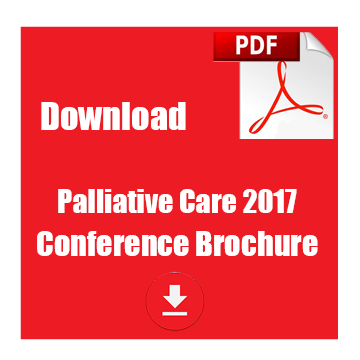
M Sara Rosenthal
University of Kentucky | USA
Title: Truthful prognostication: How to talk to patients about devastating diagnoses and end of life
Biography
Biography: M Sara Rosenthal
Abstract
Breaking bad news is part of everyday clinical care, but it’s such a difficult conversation, many healthcare providers are more skilled at avoiding these discussions than having these discussions. More commonly, healthcare providers may procrastinate such discussions until it becomes too late for the patient to act on the information effectively. Avoidance of truthful prognostication is one of the chief drivers of patient suffering at the end of life, healthcare provider moral distress (see www.moraldistressproject.org), and increased healthcare costs at the end of life. Current Medicare reimbursement rules have recognized the need for these discussions. This presentation will help participants understand how to initiate these dialogues using Best Practices from the clinical ethics and end of life literature.
Objectives:
Review core ethical principles and medico-legal issues involved in breaking bad news and end of life dialogue.
Identify best practices in truth-telling and truthful prognostication.
Discuss best practices in Goals of Care and Advance Care Planning discussions.
Breaking bad news is part of everyday clinical care, but it’s such a difficult conversation, many healthcare providers are more skilled at avoiding these discussions than having these discussions. More commonly, healthcare providers may procrastinate such discussions until it becomes too late for the patient to act on the information effectively. Avoidance of truthful prognostication is one of the chief drivers of patient suffering at the end of life, healthcare provider moral distress (see www.moraldistressproject.org), and increased healthcare costs at the end of life. Current Medicare reimbursement rules have recognized the need for these discussions. This presentation will help participants understand how to initiate these dialogues using Best Practices from the clinical ethics and end of life literature.
Objectives:
Review core ethical principles and medico-legal issues involved in breaking bad news and end of life dialogue.
Identify best practices in truth-telling and truthful prognostication.
Discuss best practices in Goals of Care and Advance Care Planning discussions.

